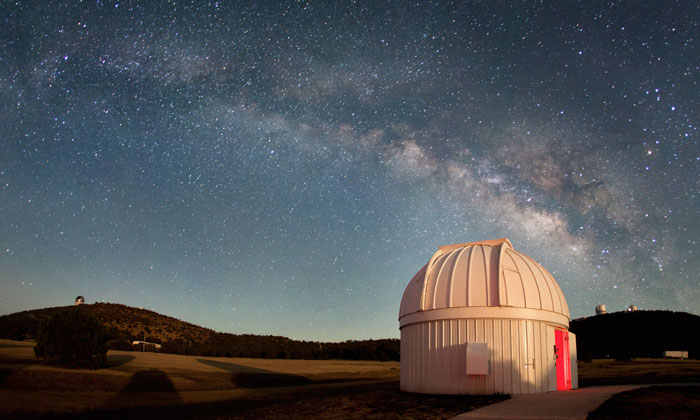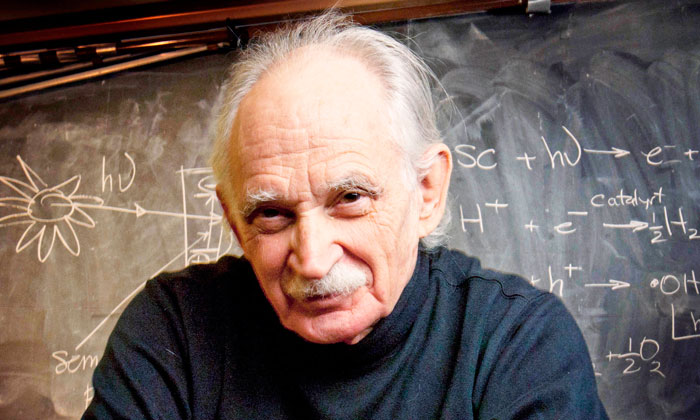Leading Astronomer Taft Armandroff Appointed Director of UT’s McDonald Observatory

Astronomer Taft Armandroff has been appointed the new director of the College of Natural Sciences McDonald Observatory in Fort Davis, Texas.


Astronomer Taft Armandroff has been appointed the new director of the College of Natural Sciences McDonald Observatory in Fort Davis, Texas.

President Barack Obama has named College of Natural Sciences chemist Allen Bard a recipient of the Enrico Fermi Award, one of the government’s oldest and most prestigious awards for scientific achievement.
For the male African cichlid fish, everyday can be a battle to gain rights to prime real estate and girls. Though the aquariums in Hans Hofmann’s lab in Patterson Hall are not like the fight-to-the-death arena of “The Hunger Games,” they are still the scenes of epic competition and showmanship.
Plummeting temperatures in November and December left dozens of young green sea turtles out in the cold, quite literally.
Seahorses are slow, docile creatures, but their heads are perfectly shaped to sneak up and quickly snatch prey, according to marine scientists from The University of Texas at Austin.
Researchers at The University of Texas at Austin have developed a simple scaling theory to estimate gas production from hydraulically fractured wells in the Barnett Shale. The method is intended to help the energy industry accurately identify low- and high-producing horizontal wells, as well as accurately predict how long it will take for gas reserves to deplete in the wells.
In a set of two recent papers, Andy Ellington and his lab show how DNA can make pictures, but more importantly, that DNA circuits could someday be used to manufacture drugs or grow organs, such as a new heart.
The painful, potentially deadly stings of bark scorpions are nothing more than a slight nuisance to grasshopper mice, which voraciously kill and consume their prey with ease. When stung, the mice briefly lick their paws and move in again for the kill.
University of Texas at Austin astronomer Steven Finkelstein has led a team that has discovered and measured the distance to the most distant galaxy ever found. The galaxy is seen as it was at a time just 700 million years after the Big Bang.
A brief glimpse into the life of an Antarctic Weddell Seal with Ed Farrell.